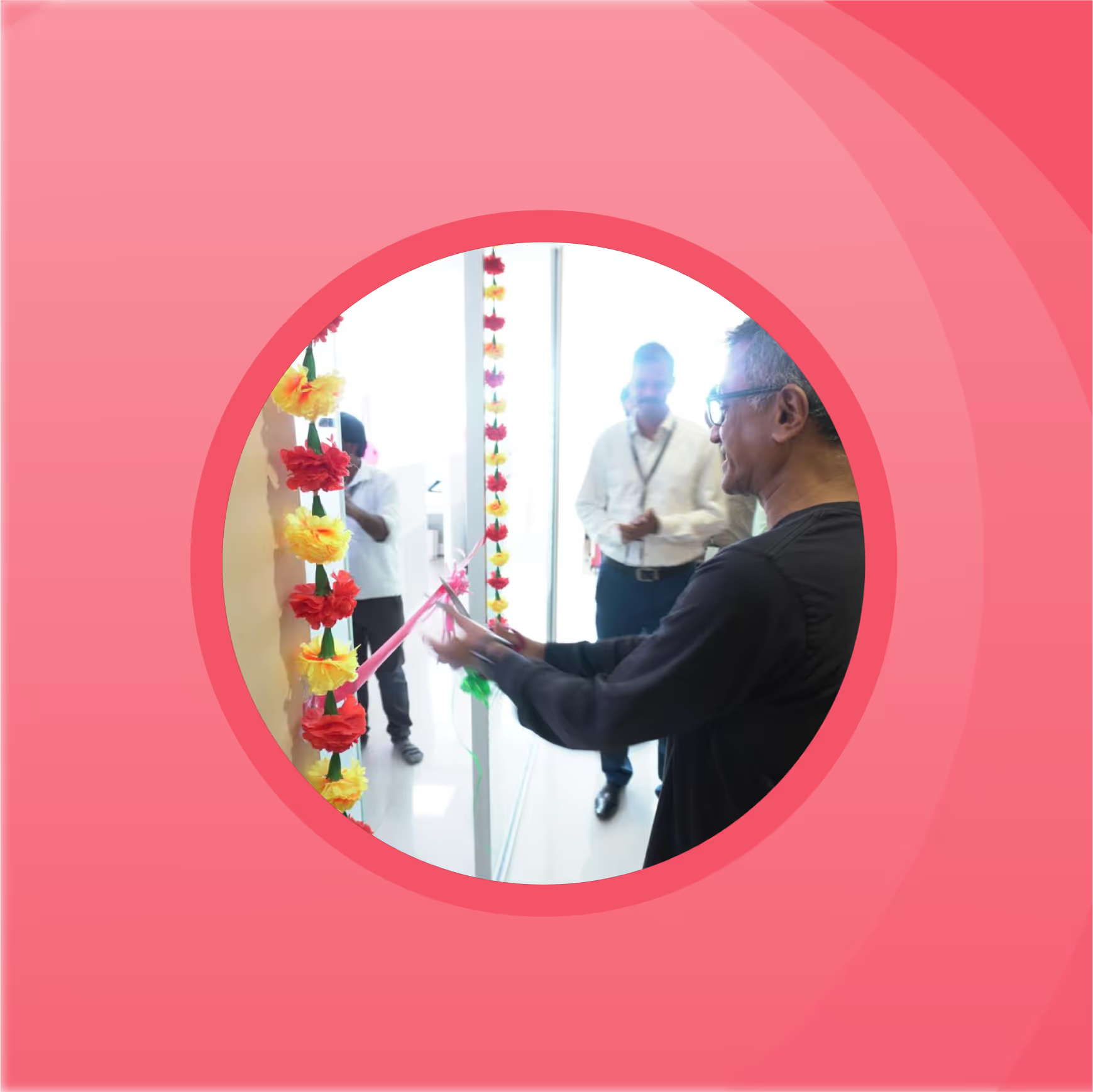The Dark Side of Open Source: When "Free" Becomes a Burden
Open source software has long been hailed as the beacon of innovation, collaboration, and transparency in the tech world. But beneath its shining exterior lies a darker underbelly that often goes unnoticed.
.png)
Open source software has long been hailed as the beacon of innovation, collaboration, and transparency in the tech world. But beneath its shining exterior lies a darker underbelly that often goes unnoticed.
Have you ever wondered about the hidden risks lurking in the code you freely download and use? From security vulnerabilities that can compromise your entire system to the ethical quandaries of using software without compensation, the open-source landscape is fraught with challenges. As we dive deeper into "The Dark Side of Open Source," we'll uncover the uncomfortable truths that every developer, business owner, and tech enthusiast needs to confront.
Join us as we explore the four critical issues plaguing the open-source community: security vulnerabilities, sustainability challenges, intellectual property concerns, and ethical dilemmas. Buckle up – this journey into the shadows of open source might just change the way you view your favourite free software forever.
Security vulnerabilities in open-source software

A. Exploitation of publicly available code
Open-source software's transparency can be a double-edged sword. While it allows for collaborative improvement, it also exposes vulnerabilities to potential attackers. Malicious actors can study the code, identifying weaknesses to exploit.
B. Delayed patch releases

- Lack of dedicated security teams
- Dependency on community contributions
- Potential for unpatched vulnerabilities
Sustainability challenges for open-source projects
Lack of funding
Open-source projects often struggle with financial sustainability. Many rely on:
- Donations from users
- Sponsorships from companies
- Crowdfunding campaigns
- Grants from foundations

Difficulty in attracting long-term contributors
Maintaining a dedicated contributor base is challenging. Projects face:
- Volunteer burnout
- Skill gaps in the community
- Competition from paid opportunities
- Long-term success often depends on fostering a strong, engaged community and providing clear pathways for contributor growth.
Intellectual property concerns

Licensing complexities
Open-source licenses come in various forms, each with unique terms and conditions. Here's a comparison of common licenses:

Patent infringement risks
Patent issues can arise when using open-source software, especially in commercial products. Companies must conduct thorough due diligence to identify potential patent conflicts and mitigate risks associated with incorporating open-source components into their proprietary solutions.
Ethical dilemmas in open-source usage

A. Lack of accountability for misuse
Open-source software's freedom can lead to ethical challenges. Users may employ it for harmful purposes without consequences, as developers often lack control over its use. This creates a dilemma:
- Maintain openness
- Prevent misuse
- Balance innovation and responsibility

B. Challenges in enforcing ethical guidelines
Enforcing ethical guidelines in open-source projects is complex. The decentralized nature makes it difficult to implement and monitor ethical standards across diverse communities. Developers must navigate:
- Conflicting values
- Cultural differences
- Varying interpretations of ethics

Open-source software has undoubtedly revolutionized the tech industry, but it's not without its drawbacks. Security vulnerabilities, sustainability challenges, intellectual property concerns, and ethical dilemmas all cast shadows on the seemingly bright landscape of open-source development. These issues remind us that while open-source offers numerous benefits, it also requires careful consideration and responsible management.
As we navigate the complex world of open-source software, it's crucial to remain vigilant and proactive. By addressing security concerns, supporting sustainable development practices, respecting intellectual property rights, and making ethical choices, we can help mitigate the risks associated with open-source while continuing to harness its immense potential. Let's strive to create a more secure, sustainable, and ethical open-source ecosystem for the benefit of all.



